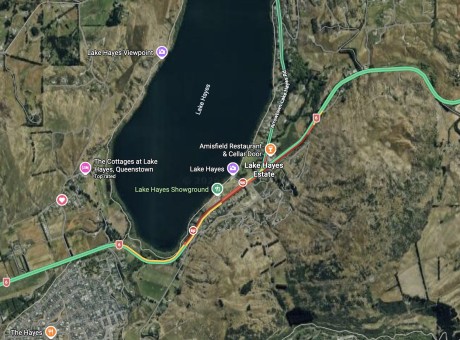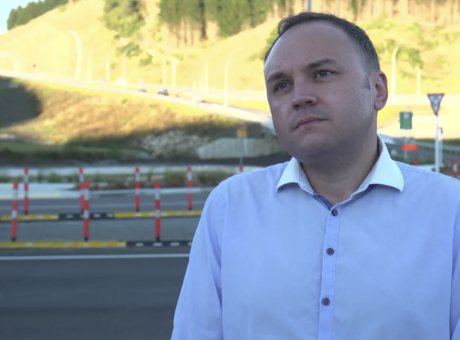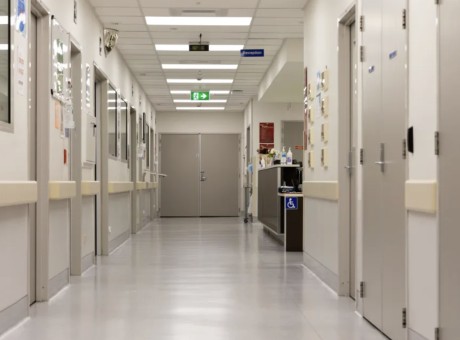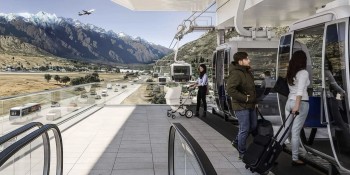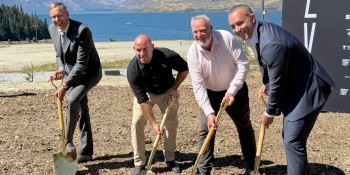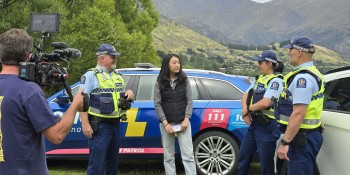QLDC agrees to public attendance at formerly private workshops
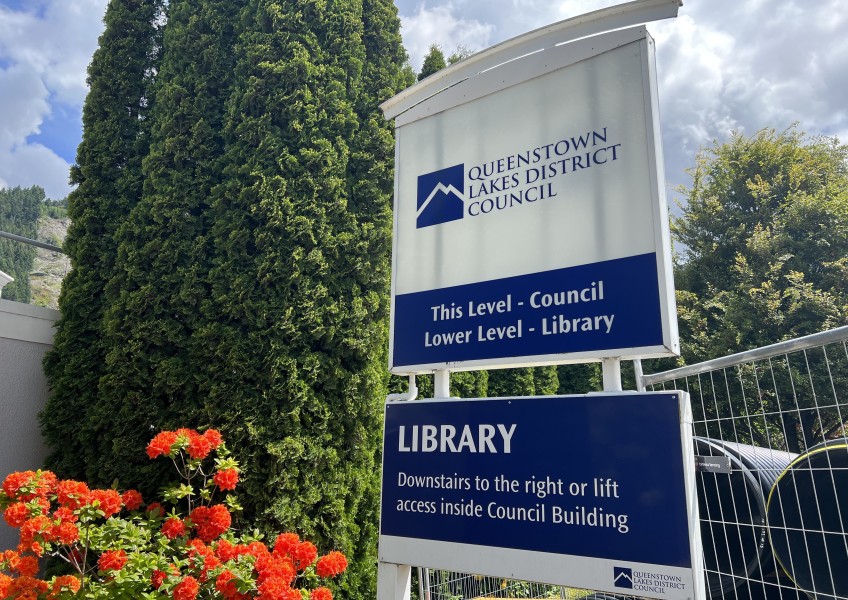
Members of the public will be able to attend what up until now have been private workshops held by the Queenstown Lakes District Council.
Elected members yesterday unanimously agreed to the change via an amendment to existing standing orders.
It comes four months after Chief Ombudsman Peter Boshier gave councils across the country a dressing down for too often holding workshops behind closed doors and providing invalid reasons for doing so, such as allowing councillors a safe space to ask silly questions.
According to the changes in the Queenstown Lakes District, members of the public may still be excluded from workshops "dealing with matters off a sensitive nature or issues that require negotiations", plus a workshop chair can order anyone "likely to disrupt the orderly conduct of the workshop" to leave.
Speaking before yesterday's vote, QLDC governance and stakeholder services manager Naell Crosby-Roe said council staff will aim to have reports and other paperwork available to councillors four days out from a workshop, and online for public perusal two days out.
However, he said it should be expected that "given the nature of workshops" some pieces of additional written information may not meet that deadline, such as last-minute legal advice.
"But the intent from a staff perspective is to, where possible, provide as much material as we possibly can."
A late change to correct what appeared to be an oversight by staff and suggested by councillor Niki Gladding means the time and location of workshops will be publicly advertised in advance, in the same way council meetings already are.
Councillor Gladding also attempted to make further changes to allow for recordings to be made of workshops, and in particular publicly-excluded sections of them, to ensure an "audit trail" for subsequent council decisions, but this did not garner the support of other councillors.
QLDC corporate services manager Meaghan Miller also flagged that doing so could have legal consequences that would need to be understood before proceeding.
Ms Miller confirmed written notes are kept of workshop discussions, but Councillor Gladding queried their comprehensiveness, suggesting in her view council staff adopt a "less is best" approach.
Although members of the public will now be able to attend workshops, they are banned from making any electronic or digital recordings, or taking photographs, while in attendance.
Last year the council held 60 workshops, which covered topics including the controversial Lakeview and Project Manawa developments, the sale of campground leases to an Australian buyer, the development agreement related to stalled three waters upgrades in Kingston, and the Wānaka-Upper Clutha Ward breakaway petition.
QLDC workshops will be open to the public from March.






